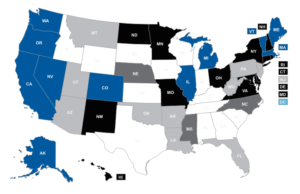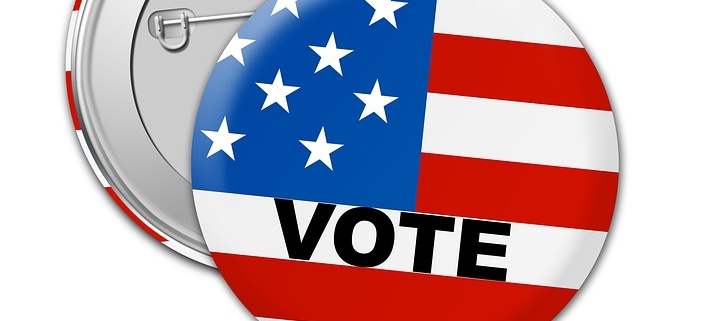Counting Down…

 There are only 13 days left until the election. We’re hard pressed to find anyone who says 2020 has been a good year, but perhaps the last couple of months are shaping up to deliver good news to the cannabis industry.
There are only 13 days left until the election. We’re hard pressed to find anyone who says 2020 has been a good year, but perhaps the last couple of months are shaping up to deliver good news to the cannabis industry.
 AT THE FEDERAL LEVEL, there is hope that the 83-year prohibition on cannabis is nearing its end – if the Democrats win the White House, retain the House of Representatives and take control of the Senate.
AT THE FEDERAL LEVEL, there is hope that the 83-year prohibition on cannabis is nearing its end – if the Democrats win the White House, retain the House of Representatives and take control of the Senate.
“If the Democrats do a clean sweep, then de-scheduling with interstate trade is definitely within the realm of possibility,” Randal Meyer, the executive director of the Global Alliance for Cannabis Commerce (GACC), told Marijuana Business Daily.
DE-SCHEDULING would not only legalize marijuana at the federal level, it would end 280E tax restrictions, open banking to cannabis companies and permit interstation and international cannabis trade. Because the Marijuana Opportunity Reinvestment and Expungement (MORE) Act is already sitting in the House, it would likely be the “vehicle” used to de-schedule.
ASSUMING ALL THAT HAPPENS, it is unclear how to construct a regulatory framework. Cannabis does not fit neatly into one category that can be regulated by the FDA, as it is food, a drug and a cosmetic. Some industry recommendations include a hybrid approach, allowing states to continue enforcement and the FDA and Alcohol and Tobacco Tax and Trade Bureau oversee interstate cannabis trade.
More than $3 million on lobbying for cannabis reform in Congress has been spent this year in Congress. Click here to see a chart showing the money spent.

Click to see the Marijuana Policy Project’s breakdown of states’ positions on legalization.
AT THE STATE LEVEL, it’s all about ballot measures. Voters in five states will decide on legalization of cannabis for recreational or medicinal purposes. If all five measures pass, medicinal marijuana will be legal in 38 states, as well as Washington, D.C., and Puerto Rico, and adult-use will be legal in 14 of those, and in D.C.
Arizona, Montana, and New Jersey will vote on whether to legalize marijuana for adult use.
Mississippi will vote on whether to legalize medical marijuana. Currently, it is legal in 33 states.
South Dakota would become the first state to approve both medical and recreational cannabis markets simultaneously. The state’s current marijuana possession laws are considered the harshest in the country.



